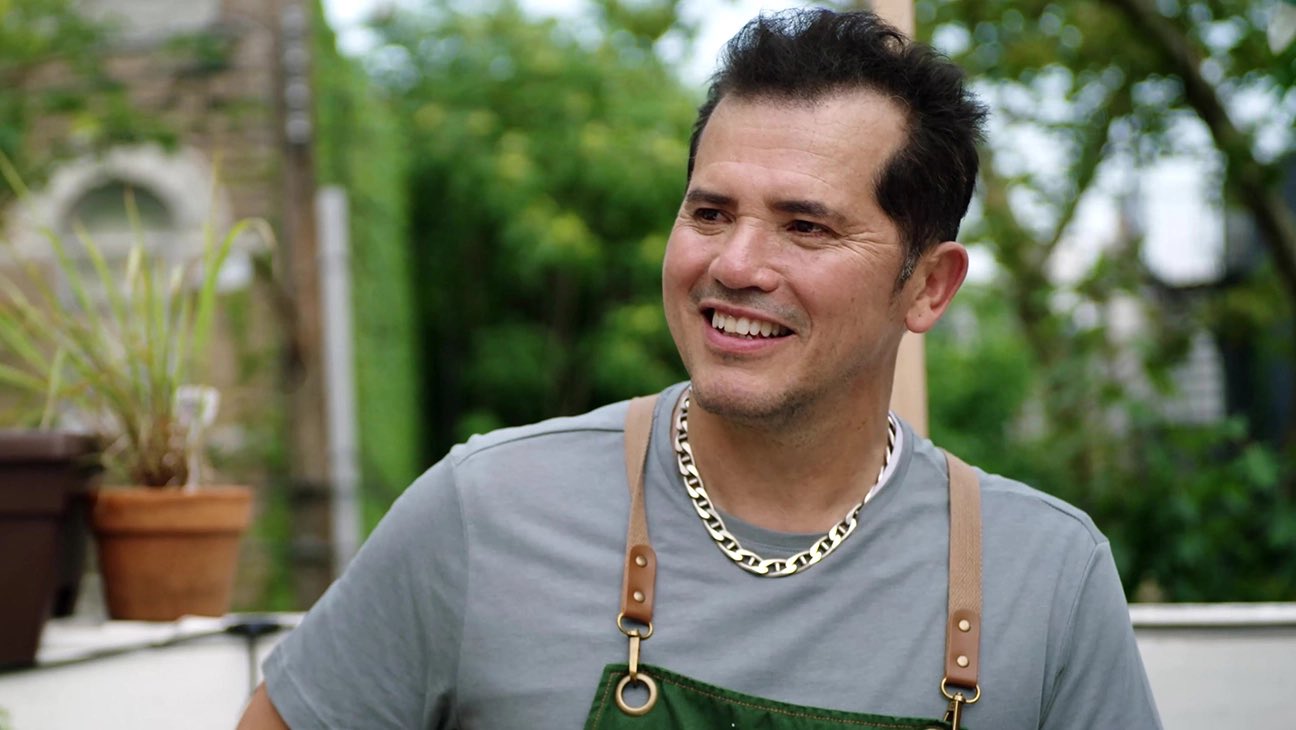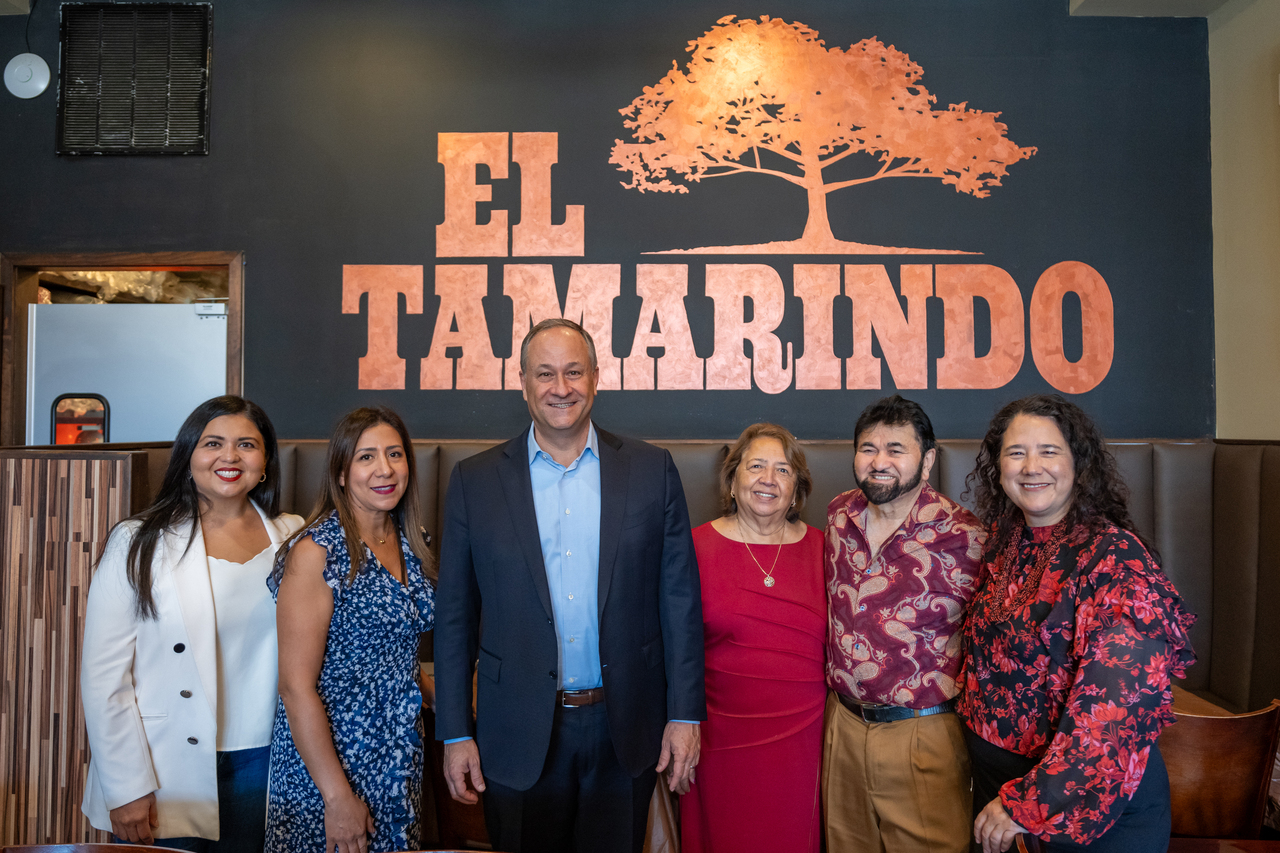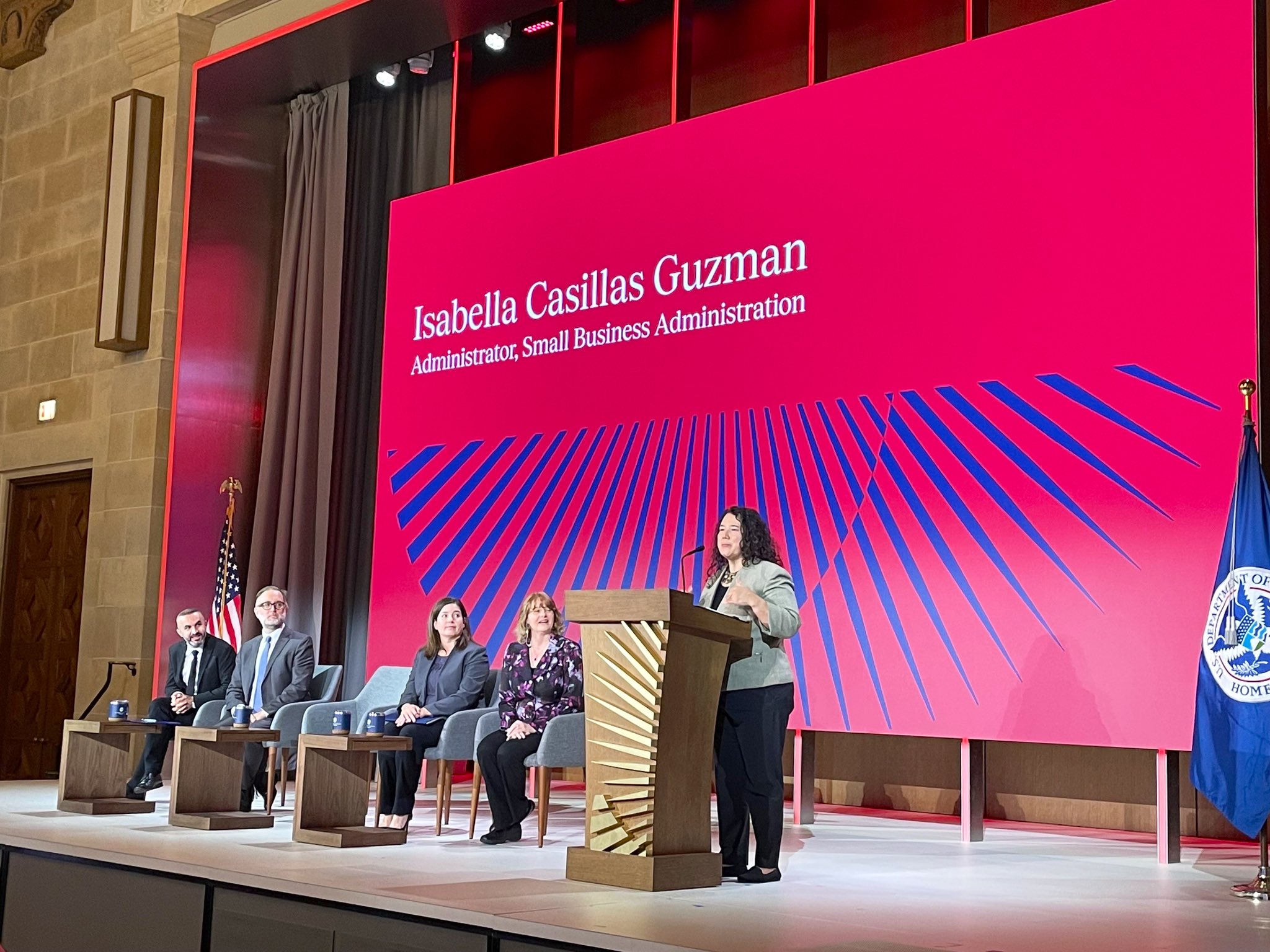
Jefferson Health enhances language access program
The enhancements, which include making interpreting services faster, are part of Jefferson’s commitment to advancing health equity.
Jefferson Health announced today that it is working with a new language access provider to enhance interpreting services across its entire health system, including hospitals, urgent care centers, outpatient facilities, and its scheduling call center, 1-800-JEFF-NOW.
The enhanced services will be helpful to patients who are Deaf or have limited English proficiency, and is part of Jefferson’s continued commitment to advancing health equity.
“Jefferson is proud to enhance our language service offerings. We recognize that language access is a health equity issue and too often prevents patients from seeking the care that they need,” said Dwight McBee, executive vice president and Chief Experience Officer at Jefferson Health, in a statement.
This new effort is an important one as extensive evidence suggests that reducing language barriers in healthcare settings can lead to improved patient satisfaction, decreased length of stay, and better patient outcomes.
The highlights of Jefferson’s language access program expansion include:
RELATED CONTENT
- Faster connect times with an interpreter
- Audio and video interpreter services available 24/7, 365 days a year
- Jefferson clinicians equipped with GLOBO smartphone app from their individual Jefferson devices to start a call at any time
- Highly skilled interpreters available for 430+ languages
To increase convenience and access, providers can leverage smartphone apps, an iPad cart, or for audio-only calls, any desk telephone.
Within 60 seconds or less, providers and patients can be connected to a highly qualified medical interpreter. Patient engagement carts are also equipped with an enhanced speaker to provide increased volume for patients who are hard-of-hearing.
“The expansion of these services improves communication between our patients and clinicians and further demonstrates our commitment to providing all communities with safe, high-quality and equitable health care,” McBee added.
While Spanish is the most commonly spoken language by Jefferson’s limited-English proficient patients, many frequently request interpreting services in two dozen additional languages.
With interpreters available for 430+ languages, Jefferson is ensuring that no one is left out of its commitment to improving health equity due to language barriers.











LEAVE A COMMENT:
Join the discussion! Leave a comment.